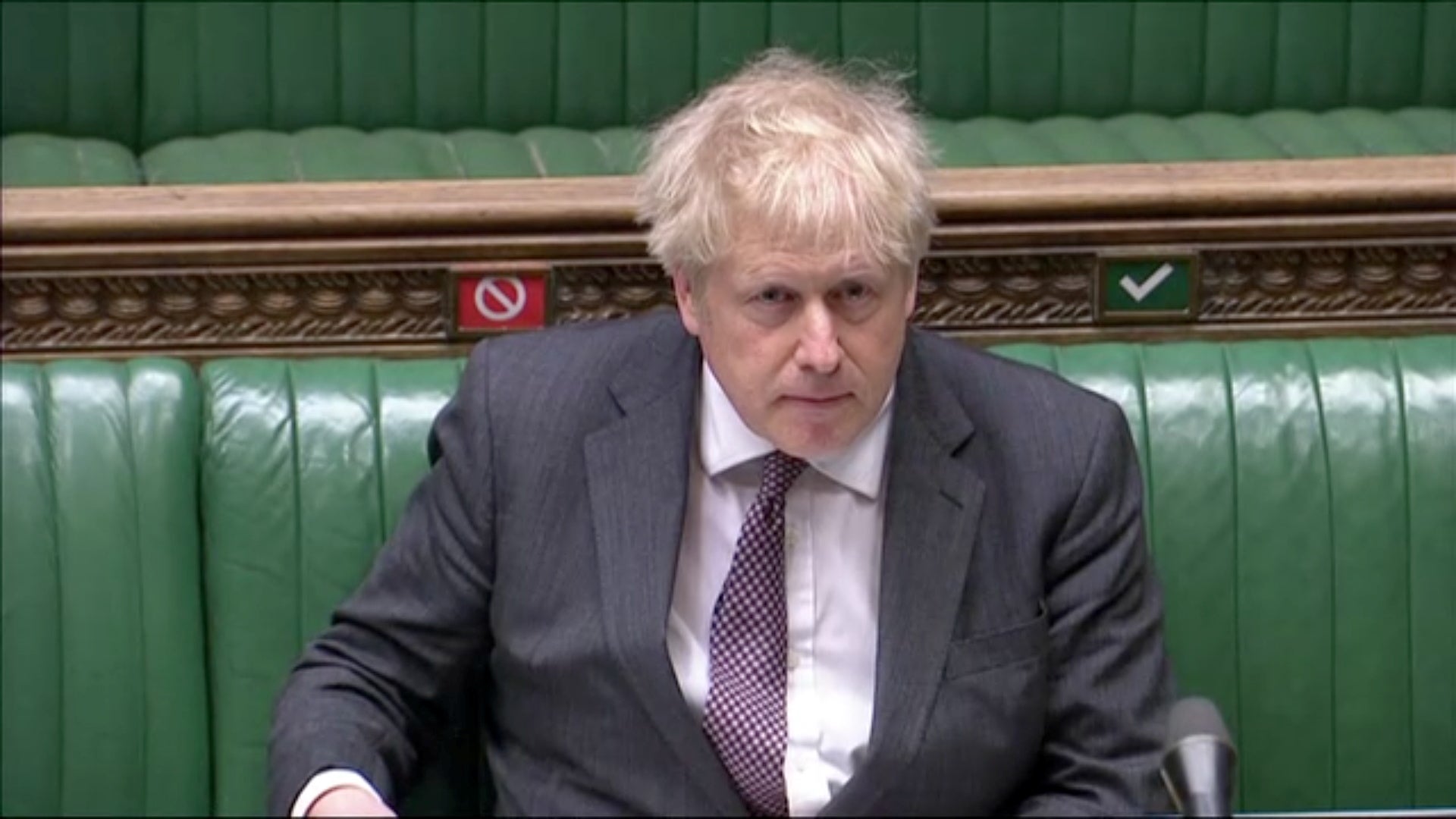What is going on with Mr Johnson’s smartphone?
Like Donald Trump with his Twitter account, Boris Johnson has been less than smart with his phone, writes Sean O’Grady


The leader of the opposition, Sir Keir Starmer, calls it “Sleaze, sleaze, sleaze”. The chair of the Public Accounts Committee calls it “government by WhatsApp”. The cabinet secretary, Simon Case, advised the prime minister to change his phone number (probably). The media won’t leave the stories about Boris Johnson and his text conversations with Sir James Dyson, not to mention a Saudi prince and possibly others, alone. No 10 has ordered a leak inquiry into how private messages were released to the BBC, though Mr Johnson told the Commons that he was happy to publish the lot.
What is going on with Mr Johnson’s smartphone?
The short answer is that it wasn’t being used all that smartly. Like Donald Trump’s Twitter account, the Johnson portable digital device was out of the reach of officials, who were understandably suspicious about just what was going down on it. It turns out that Mr Johnson has a wide circle of friends who used it to lobby him all the time. Being an obliging sort of man, he sometimes acted on their pleas, most notably in the case of Sir James’s request for the tax rules to be relaxed so that he could work on delivering much-needed ventilators to the NHS. Mr Johnson plainly thinks a higher national interest was served, especially as Sir James had previously sent a letter which remained unanswered. Critics see it as a favour for a political chum and prominent Brexiteer.
On balance, the cabinet secretary was probably right to advise the prime minister to keep his private phone line – like his private life – private, and to limit it to use by friends and family for innocuous purposes. They should have to pass the “Starmer test” before pressing send or activating a call – “How would this sound if it was read out at Prime Minister’s Questions by Sir Keir Starmer?” If, say, the content consists of congratulations from Stanley Johnson on Wilfred’s first birthday, no one could object. If it is a request from a hedge-fund boss to create a new loophole in the Finance Act, that might be different.
Prime ministers cannot live in a cocoon, and they cannot be expected to just slam the phone down if, say, the chief executive of a large bank or software giant wants to argue their case on a personal basis. “Lobbying” is neither illegal nor undesirable, but essential. Perhaps if Mr Johnson had been lobbied more effectively on Brexit and the Irish protocol, for example, and acted accordingly, relations between the UK and the EU might be happier now.
There will always be instances where lines are crossed and corners cut, and more understandably so in a pandemic. Yet for the great majority of the time, the prime minister’s dealings with third parties should be recorded and published, as they are for various meetings and guests at Chequers, for instance. For the sake of public confidence – already fractured – in the integrity of the system, Mr Johnson should get himself a new phone, a new number, and a new policy on sharing his contact details.



Join our commenting forum
Join thought-provoking conversations, follow other Independent readers and see their replies
Comments